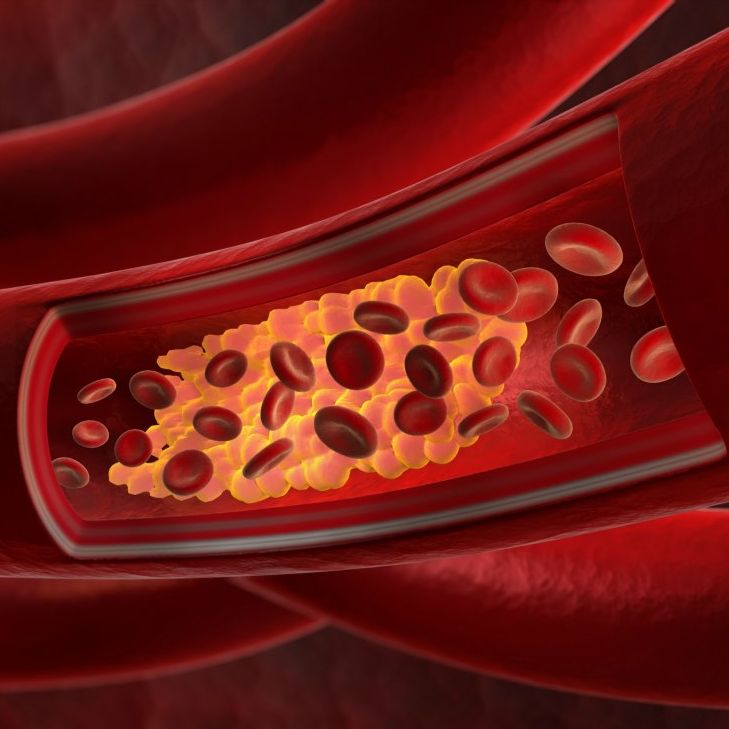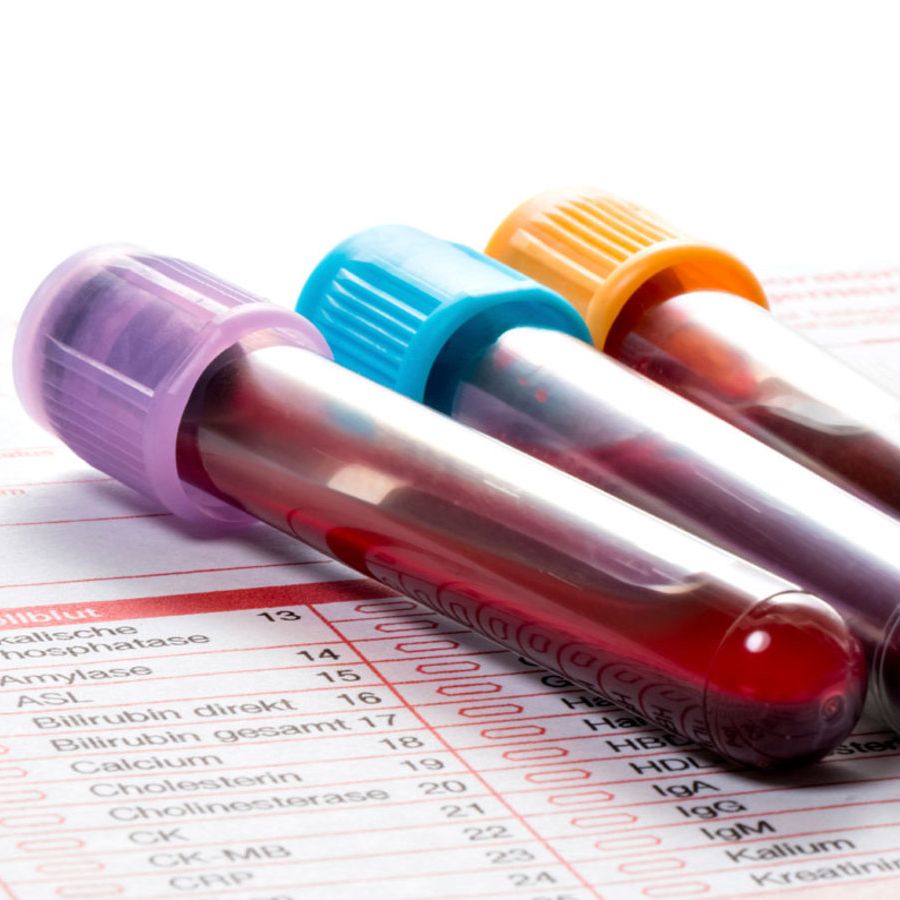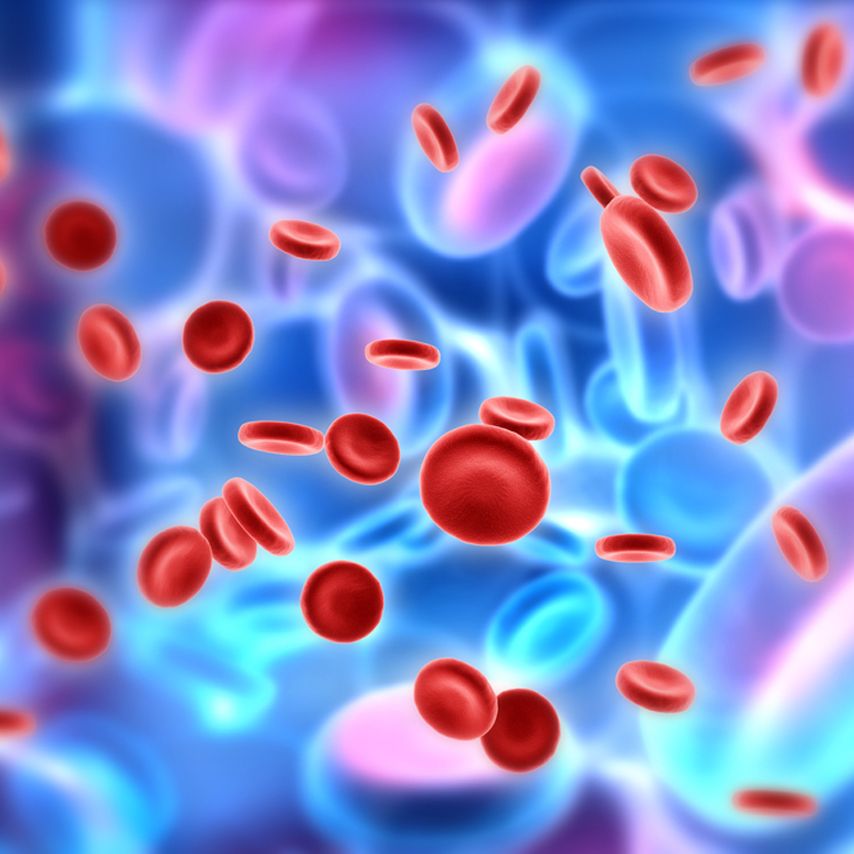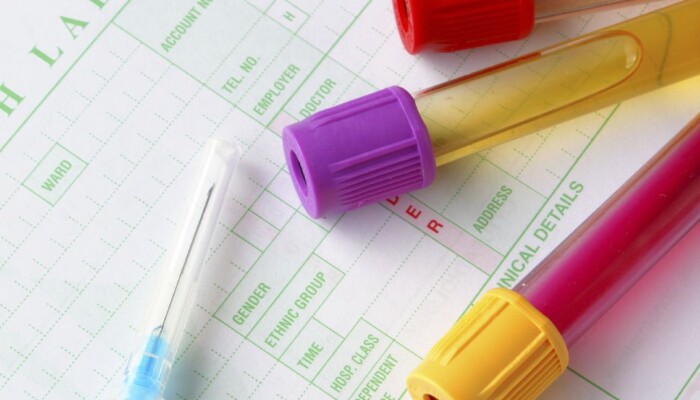Pregnancy laboratory tests - First trimester
The gestational period for expectant mothers is about 280 days, which is divided into three time intervals of three months each, also known as trimesters. As the pregnancy occurs, the expectant mother’s breathing, blood circulation, heart rate, sugar metabolism, and hormone balance change. The body adapts to the new life situation and prepares to feed the foetus properly in addition to the mother. The primary goal of the first trimester laboratory test is to monitor the health of the expectant mother.
Pregnancy laboratory tests - First trimester basic laboratory package
Items tested in the first trimester basic laboratory package:
Blood count
A blood count is a complex test used to determine the relative and absolute number, type, size, shape, and other physical characteristics of the formed elements (red blood cells, white blood cells, platelets) present in the blood.
Creatinine (with eGFR)
The purpose of determining creatinine levels is to assess the normal functioning of the kidneys.
Bilirubin
Laboratory testing may indicate that the patient has some form of liver disease. The amount of bilirubin in the blood is measured.
GOT
The test is used to show the extent of liver damage.
GPT
The test mainly shows the extent of liver damage, but other diseases may be revealed, be it disorders of the pancreas, the myocardium or musculoskeletal system.


Blood sugar
Blood glucose measurement to screen, diagnose, and monitor diabetes and pre-diabetes status.
HBsAg
The test is used to detect hepatitis B infection.
Treponema serology
The test is used to detect syphilis infection.
TSH
To screen for thyroid diseases.
T. urine with sediment
Screening for metabolic and renal disorders.
Urea (Carbamide)
The purpose of the test is to assess the normal functioning of the kidneys.
Blood type with antibody screening
Blood type determination is especially important because the blood type of the foetus may be different from that of the expectant mother, so the body of the pregnant woman can identify as a foreigner and produce antibodies as a defence. These antibodies can pose a serious threat to the health of the foetus.
Items tested in the first trimester premium laboratory package:
First trimester laboratory test basic package items
Blood count
Bilirubin
GOT, GPT
Blood sugar
HBsAg
Treponema serology
Blood type with antibody screening
TSH
T. urine with sediment
Toxoplazma IgG/IgM
To detect an acute or pre-existing infection caused by the toxoplasma gondii parasite.
CMV IgG/IgM
To detect cytomegalovirus infection, which is one of the most common foetal infections.
Biochemical screening of 12-week foetal risk

Items tested in the first trimester premium plus laboratory package:
Items from the first trimester premium laboratory test package
Blood count
Bilirubin
GOT, GPT
Blood sugar
HBsAg
Treponema TPHA + RPR
Toxoplasma IgG/IgM
TSH
urine with sediment
Blood type with antibody screening
How do I prepare for the test?
Having an empty stomach is required for the first trimester laboratory test.
When is the result expected?
In the case of the basic package, after the 5th working day following the test, in the case of the premium package, after the 7th working day.


